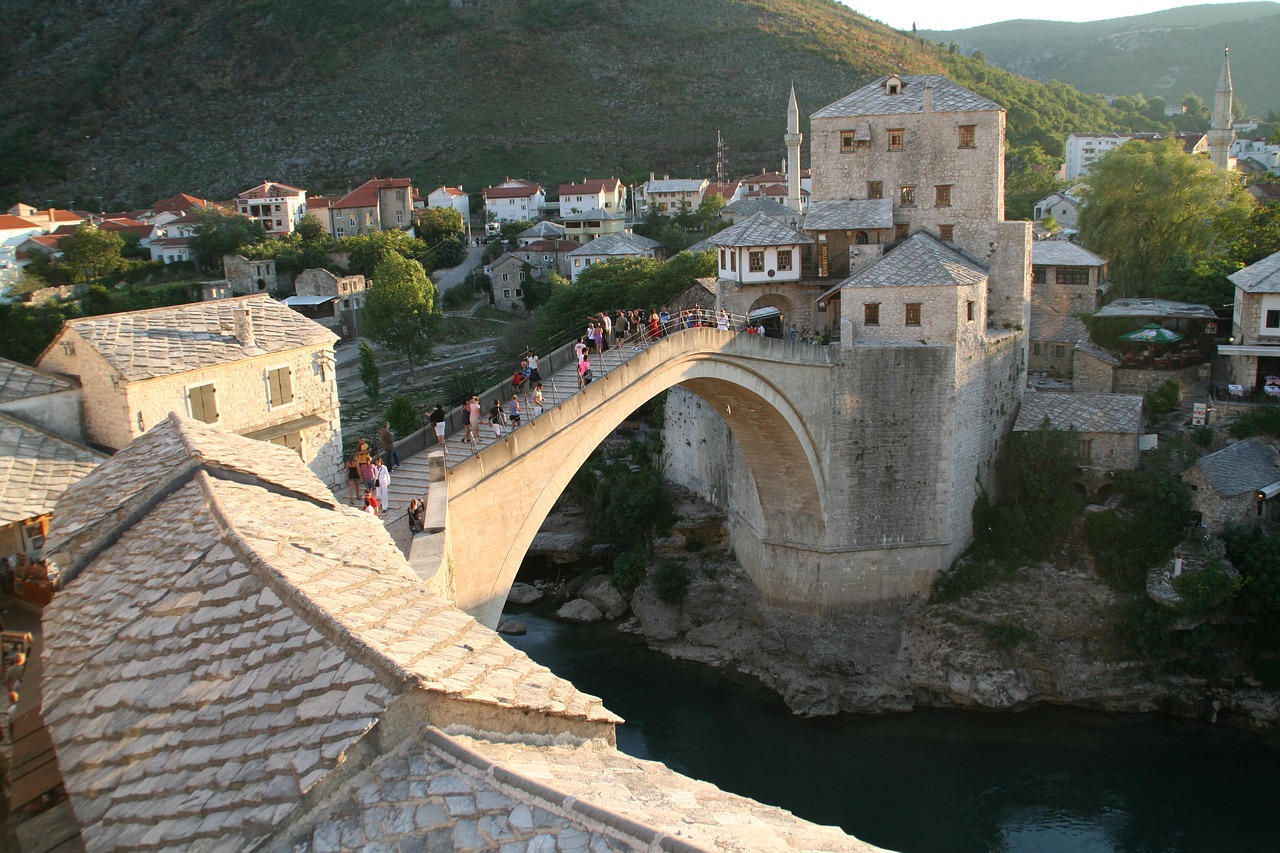As befits a successful peace agreement, the November 1995 Dayton accords that ended the Bosnian war were marked on their twenty-fifth anniversary with a flurry of international conferences. Oddly enough, even though a general acknowledgment that the accords have kept the peace, most recommendations call for radically “revising Dayton,” on the grounds that Bosnia’s institutions are too cumbersome, prone to corruption and politically unfair to minorities. Even more oddly, many proposals have been made to address these problems by dismantling the very structures that have brought and maintained peace. Instead, NATO forces are supposed to impose upon the Croats and Serbs of Bosnia, half the population and majorities in 60 percent of its territory, the centralized state that they went to war to prevent. Since there are no indications that many Croats and Serbs will accept this, NATO troops would likely be regarded by them as an occupying force, a role that has not worked well in Afghanistan or Iraq.
 The constitution of Bosnia & Herzegovina (B&H) that was included as annex 4 of the Dayton agreement is certainly complex. It divided the country into sub-territories, almost all of them dominated by only one of the country’s three main ethno-national communities: Bosniaks (known until 1993 as Muslims), Croats and Serbs. These ethno-polities are linked in a confederal structure, with the central government holding very little authority, and even that conditioned on rarely achieved consensus from the representatives of the three communities. Almost all governmental power resides at the levels of the ethno-territorial “entities”, one Serb, the other Bosniak and Croat, and within this last, among ten cantons, five Bosniak, three Croat, and two mixed.
The constitution of Bosnia & Herzegovina (B&H) that was included as annex 4 of the Dayton agreement is certainly complex. It divided the country into sub-territories, almost all of them dominated by only one of the country’s three main ethno-national communities: Bosniaks (known until 1993 as Muslims), Croats and Serbs. These ethno-polities are linked in a confederal structure, with the central government holding very little authority, and even that conditioned on rarely achieved consensus from the representatives of the three communities. Almost all governmental power resides at the levels of the ethno-territorial “entities”, one Serb, the other Bosniak and Croat, and within this last, among ten cantons, five Bosniak, three Croat, and two mixed.
The article's full-text is available here.

 Author:
Author:









